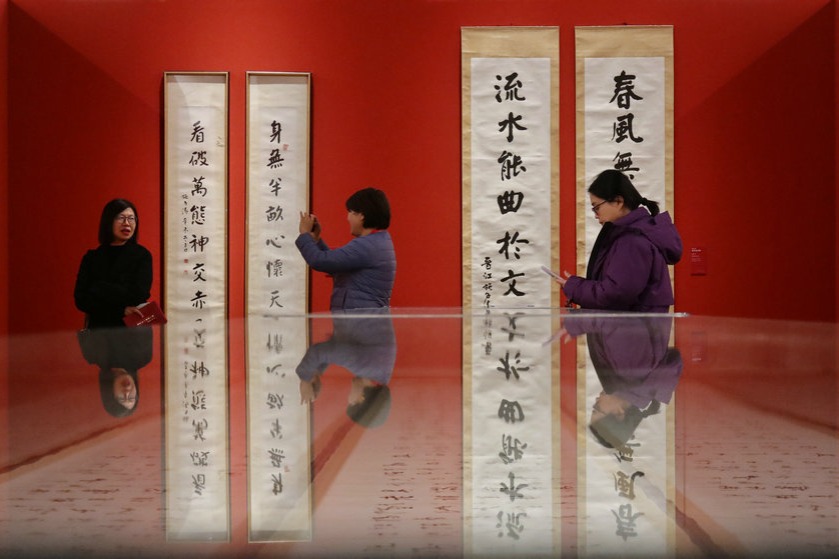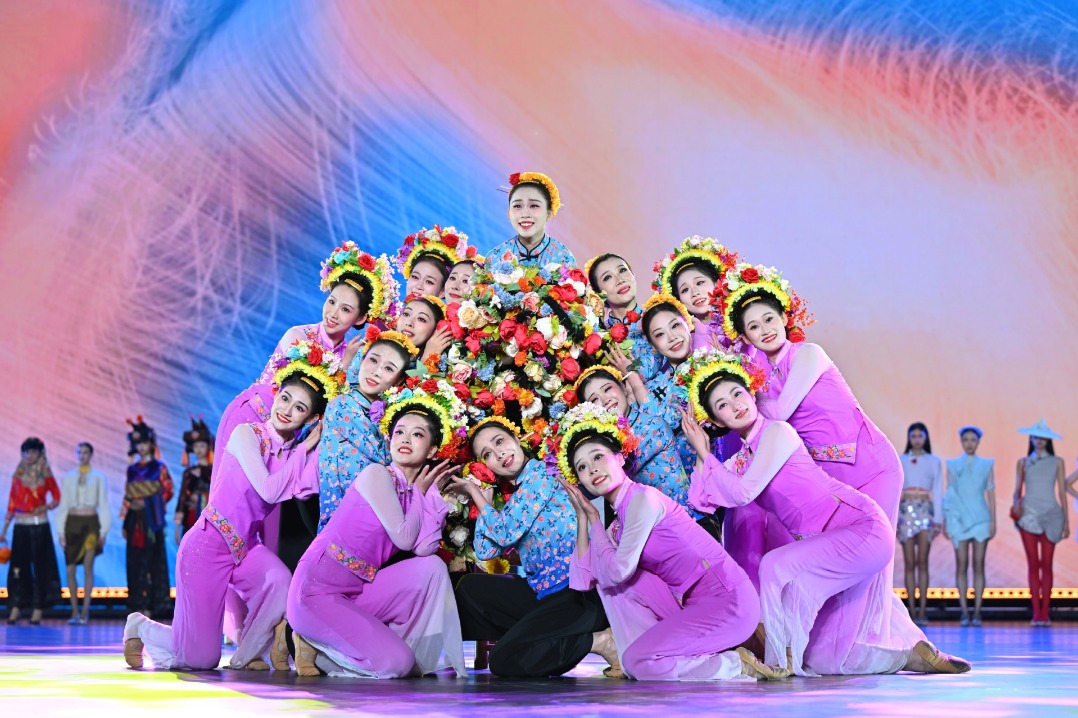Sci-fi reflects China's progress

Liu Cixin's book The Three-Body Problem was published in 2008 and subsequently won top international honors, such as the Xingyun (Nebula) Awards for Global Chinese Science Fiction and the Hugo Award for science fiction. Since Liu's work, the genre has attracted more writers and readers in China.
Science fiction was introduced in the country at the end of the Qing Dynasty (1644-1911). Han Song, an author, told Xinhua News Agency that there have been three waves of science fiction since the Qing era.
In 1902, scholar Liang Qichao created the first Chinese sci-fi work, Xinzhongguo Weilaiji (The Future of New China), in which he outlined the blueprint of a splendid country, thanks to a 60-year self-strengthening political reform. Sharing with Liang the belief that science fiction can serve as an effective vehicle of enlightenment that might thoroughly reform China, writer Lu Xun translated Jules Verne's From the Earth to the Moon.
The second wave happened soon after the People's Republic of China was founded in 1949, when hundreds of millions of people were expecting a rejuvenation in the country. The third, starting from the mid-1990s, is still underway.
Public appreciation for science fiction, to a great extent, is related to the development of Chinese society, Han told Xinhua. China is the world's second-largest economy and the largest manufacturing base. The urban population has also surpassed that in rural areas. "It means China's modernization has reached a high point, and science and technology will develop fast."
Ji Shaoting, head of Future Affairs Administration, a company that deals with sci-fi business including publication, consulting and filmmaking, says: "Science fiction is a barometer of social and economic development in a society, reflecting its changes."
Despite a history stretching back more than a century, it is in the last 30 years that science fiction has really developed in China, she says.
"In China, people believe in change. Chinese people believe that tomorrow will be different from today, which is the basic motivation for people to read science fiction," she says.
Han told Xinhua: "Science fiction can be a bridge for China to communicate with the world, as a side product of modernization. It is a world language."
Since Liu won the Hugo Award for his Three-Body Problem in 2015, more foreign readers cast their attention to the East. His trilogy Remembrance of Earth's Past-commonly referred to in China as the Three-Body trilogy-has been translated into 31 languages, selling around 3 million copies overseas.





































